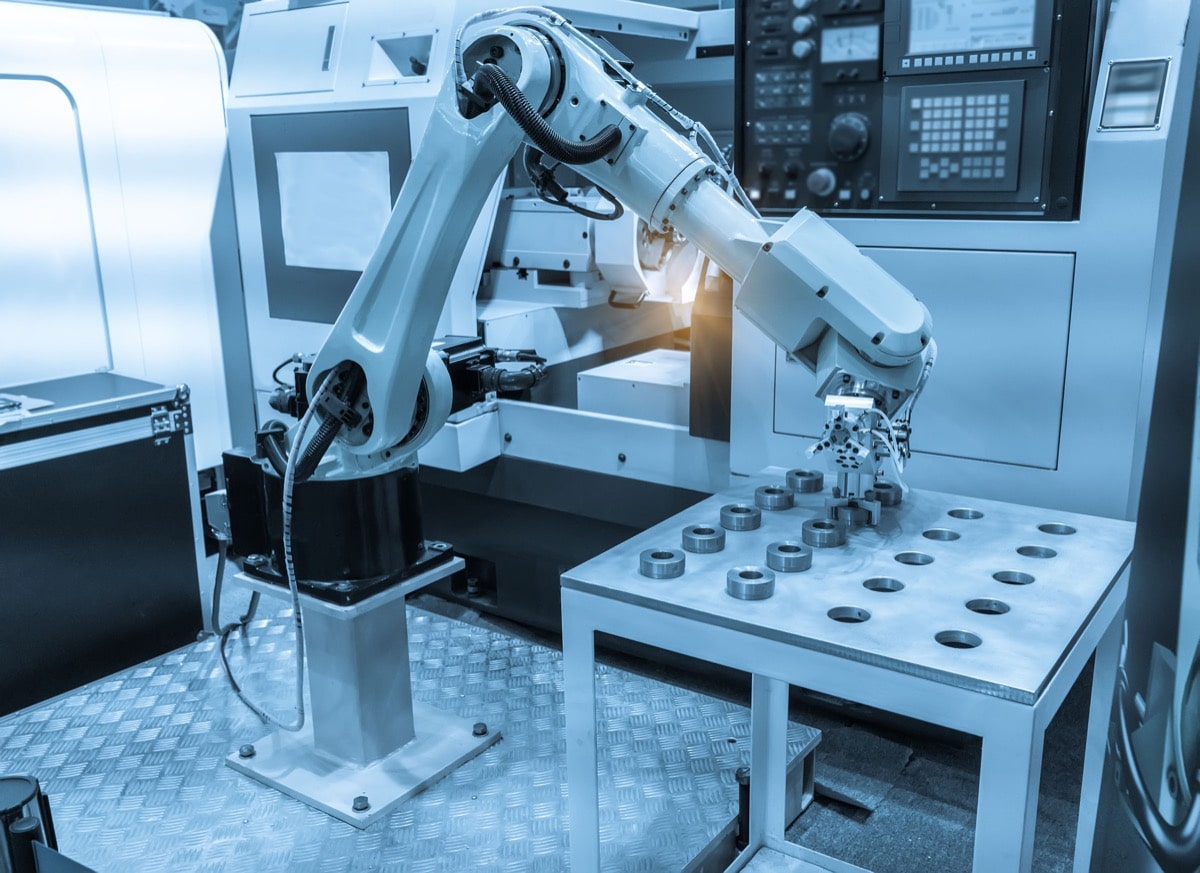We built the Eightfold platform on the power of artificial intelligence. While we’ve chosen to apply that power to enhance talent acquisition and talent management, plenty of AI startups are using the technology to revolutionize other industries.
For this post, we wanted to highlight 12 of these AI startups that are making waves and bringing change. Keep an eye on them.
1. Alation
Alation is a data catalog that enables all members of an organization to access data for improved collaboration. The solution automatically indexes data by its source and also provides data insight. By tapping into the power of machine learning, Alation’s tools help people work together, use data effectively, and boost their productivity.
The company’s product has attracted an impressive array of clients, including the City of San Diego, eBay, Munich Re, and Pfizer. Louis Columbus, principal at IQMS, says the data catalog also improves trust in the data and provides value to chief data officers, analysts, stewards, and IT and engineering professionals.
2. Arturo
Real estate data and analytics tool Arturo uses AI and machine learning to produce high-quality images that can be used by real-estate professionals to assess the characteristics of certain properties. The AI creates satellite, aerial, drone, and ground-level images.
The company aims to simplify decision-making for insurers, lenders, investors, and property managers. It was founded as a subsidiary of American Family Insurance. The founders say they’re “passionate about eliminating the complexity of extracting insights from ensemble data sets” and want to deliver specialized and predictive insights to real-estate professionals.
Arturo’s tech is currently being used to improve pre-fill and underwriting, and claims and quotations for insurance companies.
3. Cerego
AI can be an effective solution for educational purposes. This is what Cerego has designed with its adaptive learning software, which is based on cognitive science principles. The tool automates and personalizes learning for students and employees.
Key features include algorithms that provide instructional and quiz content to users, and machine learning for better personalization at key moments for users to improve retention of and engagement with the study materials.
The technology makes “learning possible for anyone,” says Dominic Stapleton, editor of Web Design & SEO World. He notes how the technology enhances the learning experience for students but also delivers key performance data to educators and managers.

4. CLEO.one
Rules-based trading can be a complicated activity, but CLEO.one is simplifying it through AI. The company provides reliable data from banks and financial institutions so trading decisions can be based on the most relevant and recent data. The data covers various assets such as currencies, U.S. and international equities, metals, other commodities, and crypto.
The platform allows users to build an automated system or one-line strategy quickly and without any coding knowledge. They can use plain English to input up to 10 trading rules based on a variety of indicators. Users can also test their systems and analyze their trading performance.
5. Dragonfly
Understanding the consumer has always been a goal for business owners. Dragonfly uses AI to deliver insights into what catches an online shopper’s attention. The tool analyzes digital content and predicts what will impact someone’s attention as they navigate digital environments.
Dragonfly’s technology aims to improve organizations’ ability to determine the features most salient to consumers to inform marketing and brand promotions. Important factors include color, scale, contrast, and luminance, Jayshiv Rewal at Beauhurst explains.
Rewal reports that Dragonfly’s client roster already includes government departments, agencies, and developers.
6. Fiddler
Enterprises need AI that is honest and explainable. That’s why Krishna Gade and Amit Paka founded Fiddler.
The company says its AI engine has “explainability at its heart” and is aimed at simplifying the lives of data scientists, product owners, and business leaders. It does this by enabling organizations to build transparent, explainable, and understandable AI solutions.
Key features of Fiddler’s AI engine include the ability to explain simply why and how AI makes certain predictions. But it can also analyze AI behavior across a complete data set and within specific data regions. The AI engine also validates AI compliance, ensuring that any biases are removed.
Explainable AI brings much needed transparency to AI models, Kyle Wiggers at VentureBeat writes. He notes that Fiddler, just over a year since its inception, secured $10.2 million in a series A funding.
7. Neural Magic
Neural Magic was born from the frustrations of its founders, MIT scientists Nir Shavit and Alex Matveev. The pair, when mapping neural connections in the brain, struggled with the limitations imposed by GPUs. So, they decided to restructure deep learning computation so it could be run on CPUs instead, without specialized hardware.
Shavit and Matveev set about creating new algorithms that allow convolutional neural networks to run on CPUs but at GPU speeds. They want to simplify access to deep learning, making it affordable and compatible with existing computational capabilities.
8. ProteinQure
Developing new biologic therapeutics is a complex process. It requires clinical researchers to discover new proteins with specific functions. ProteinQure does this through an AI-powered computational platform that incorporates biophysical models with statistical and machine learning approaches.
Cofounder Lucas Siow says the process of predicting the relationship from amino-acid sequence to protein structure to protein function is highly complicated. One reason for this difficulty is the immense computational power required.
His company uses advanced computing architecture, high-performance GPUs, TPUs, and quantum computers to combine computational biophysical models with statistical and machine learning for better searching of protein therapeutics. The goal is to improve drug discovery and also facilitate drug engineering.

9. RightHand Robotics
Autonomous robots are impressive. And RightHand Robotics has developed a specific kind of robot that specializes in pick-and-place systems. That means a robotic hand or arm can pick up and place objects of various sizes and textures. These robots can be used to handle electronics, apparels, pharmaceuticals, and groceries.
The company says its robots are the future of e-commerce order fulfillment. For instance, the startup’s RightPick2 is able to lift objects weighing up to 2 kg. It works by using depth-sensing cameras and software to control vision and motion.
The robots can be integrated into existing workflows including sorting batch-picked items, selecting items from an automated storage and retrieval system and sending items to a belt sorter.
10. SubStrata
SubStrata delivers insights to businesses based on conversations, email threads, and other points of human contact. Chiefly aimed at improving the capabilities of sales teams, SubStrata analyzes sub-verbal cues during live engagements with sales prospects.
The company also has built an API and integrations tool called Texture, which is an intelligent assistant for sales professionals. Frank Landman at ReadWrite says SubStrata has transformed the art of sales into a science through AI insights.
The company, cofounded by CEO Ori Manor, uses an AI engine to identify patterns, cues, and subtext from live conversations to facilitate the closing of a sales deal. The capabilities include improved insights into pipelines, better negotiations, and faster deal closes.
11. Takeoff Technologies
Another intelligent robotics company, Takeoff Technologies, has created robots specifically for sorting groceries. It was founded in 2016 by José Vicente Aguerrevere and Max Pedró. Since then, the company has grown to 100-plus employees.
The company intends to transform grocery shopping. Rather than big supermarkets, it envisions smaller warehouses with quicker fulfillment. That way, a grocer’s customers can place an order online, and the items will get delivered more quickly and efficiently.
Takeoff Technologies recently raised $25 million and has formed partnerships with major supermarkets.
12. Tribyl
Also in the business of improving sales, Tribyl provides businesses with an AI sales coach. The trainer teaches skills to sales professionals and provides them with insights specific to their industries for prospecting, making discovery calls, setting up demos, and pitching.
The tool helps salespeople personalize prospecting emails by automatically inserting references to the recipient’s KPIs and pain points. The technology also analyzes what kind of messaging has been successful in the past and tailors the email accordingly.
Images by: Ijeab/©123RF Stock Photo, artiemedvedev/©123RF Stock Photo, wklzzz/©123RF Stock Photo



